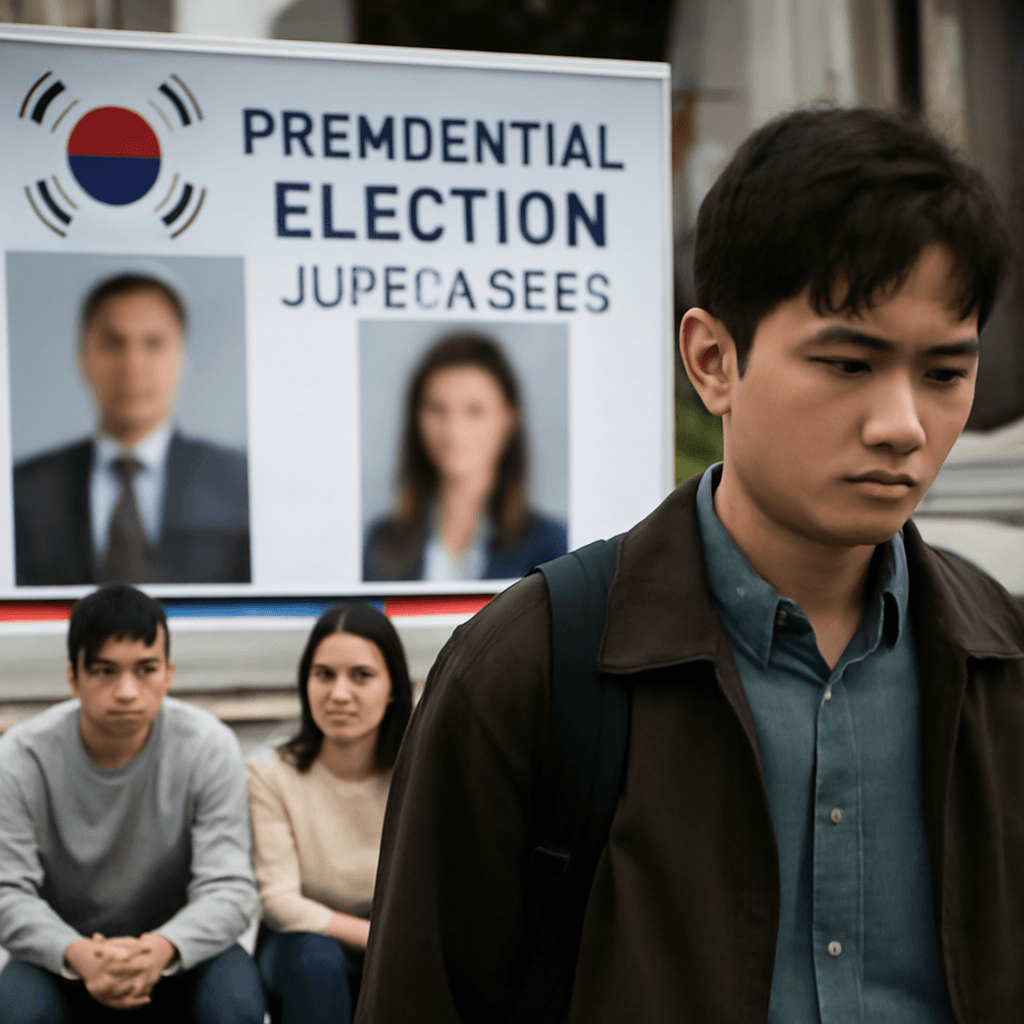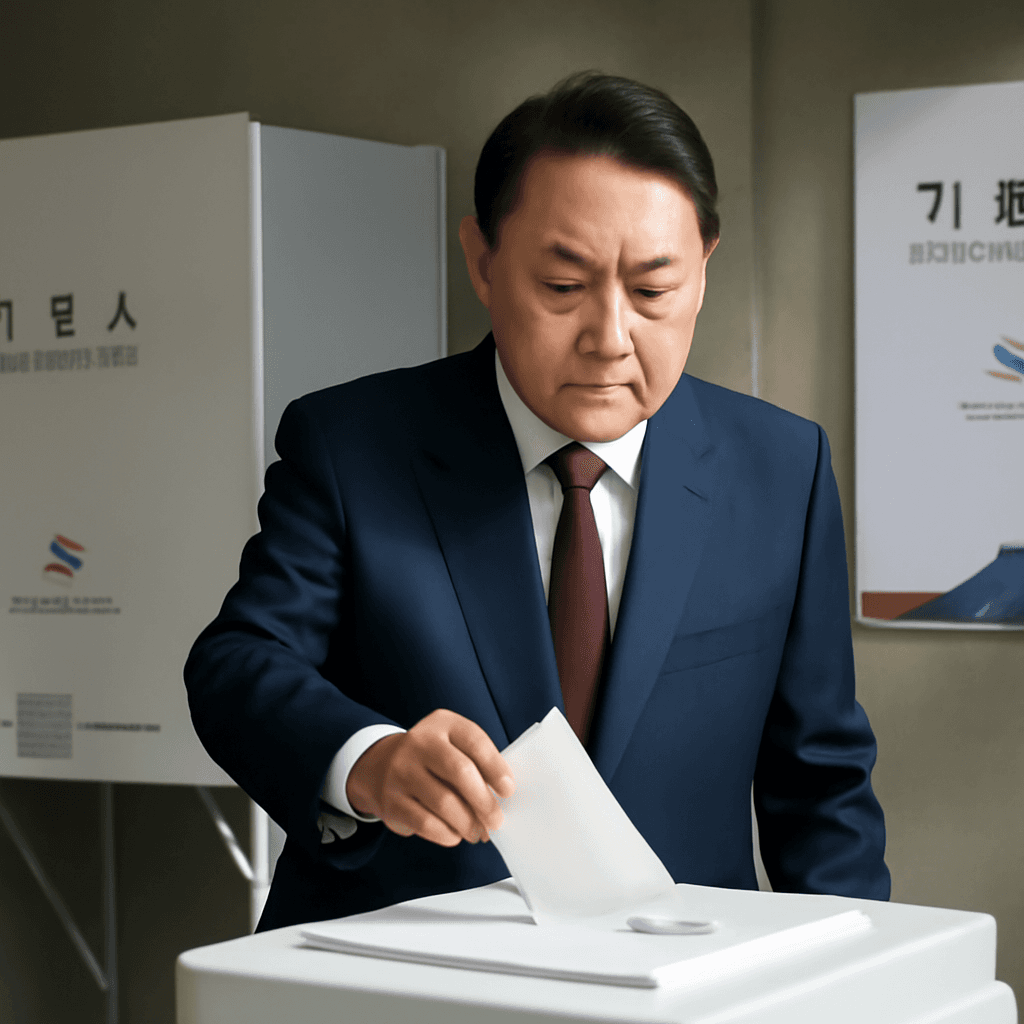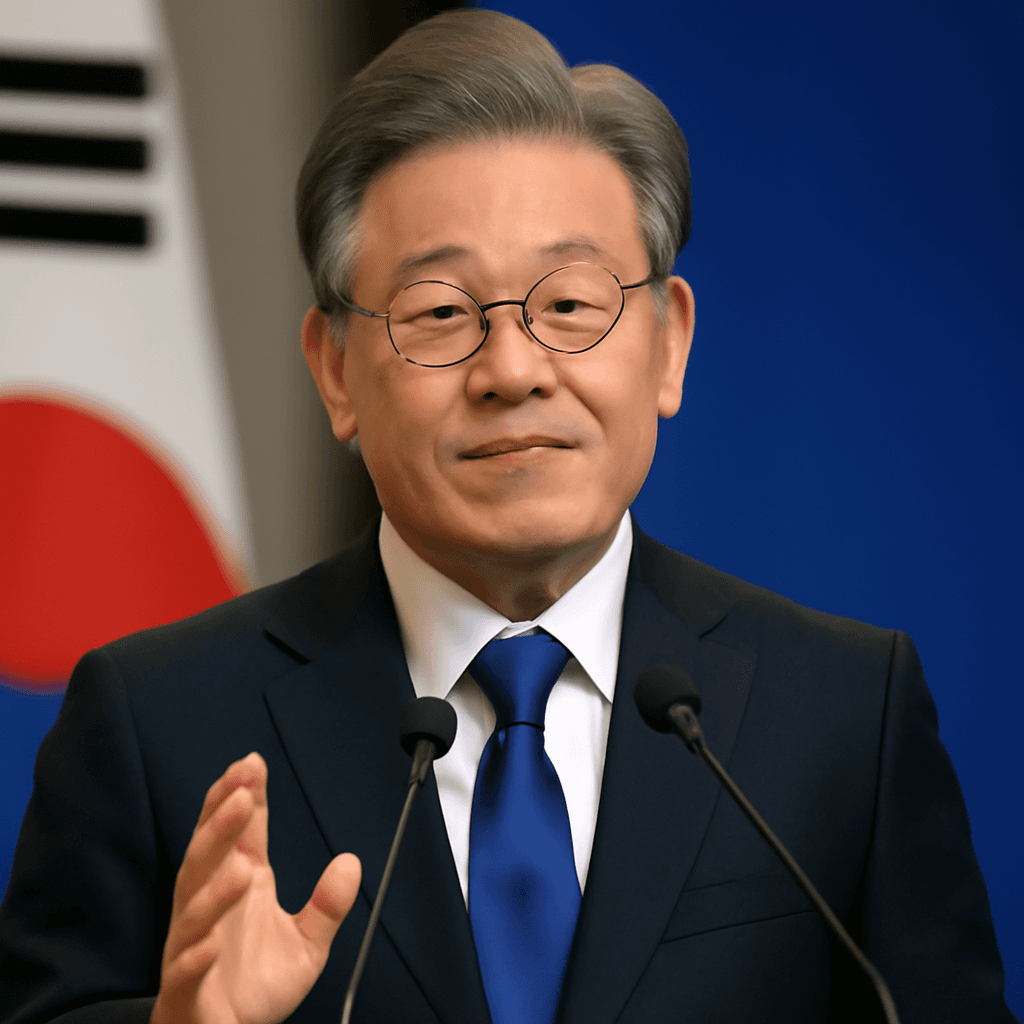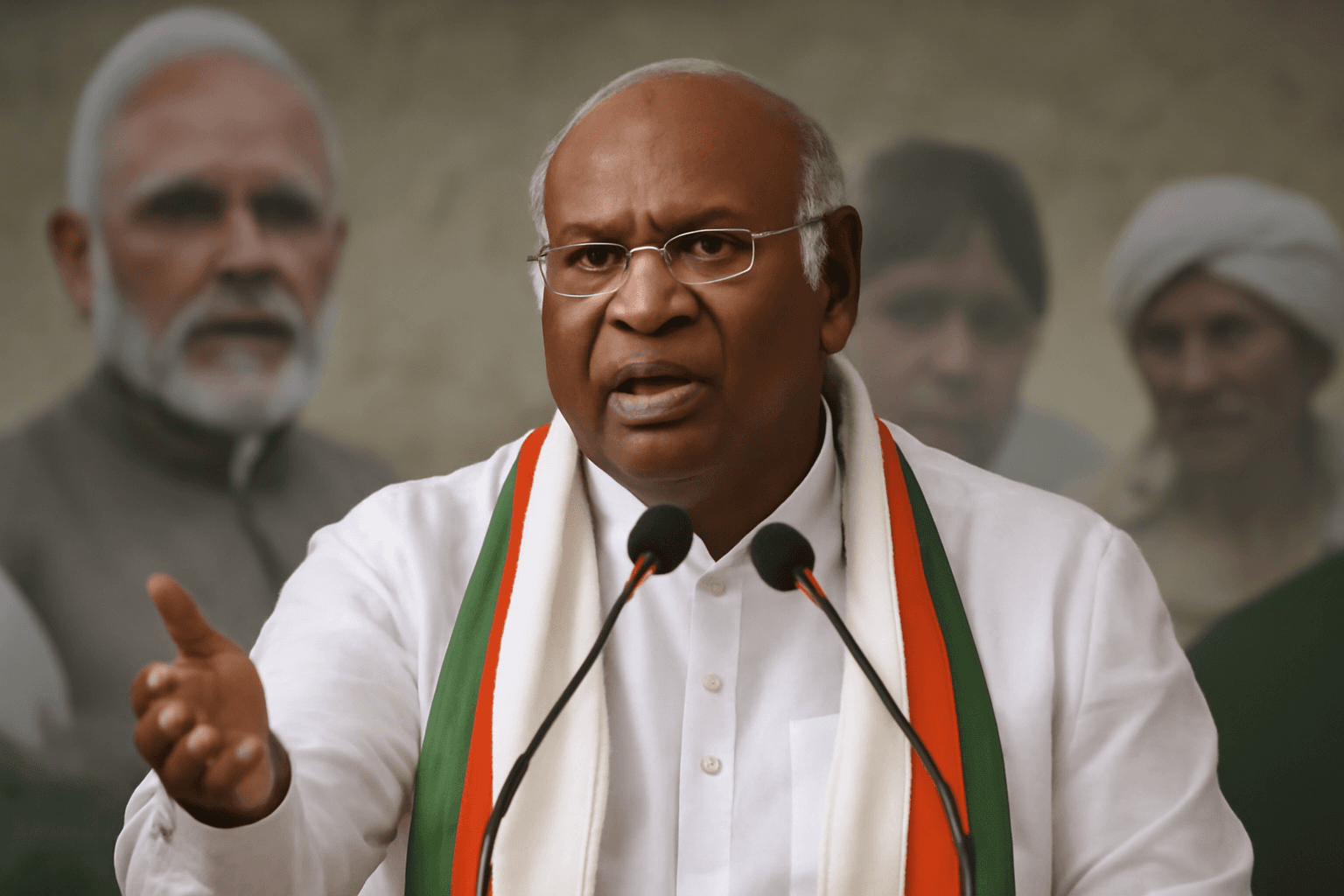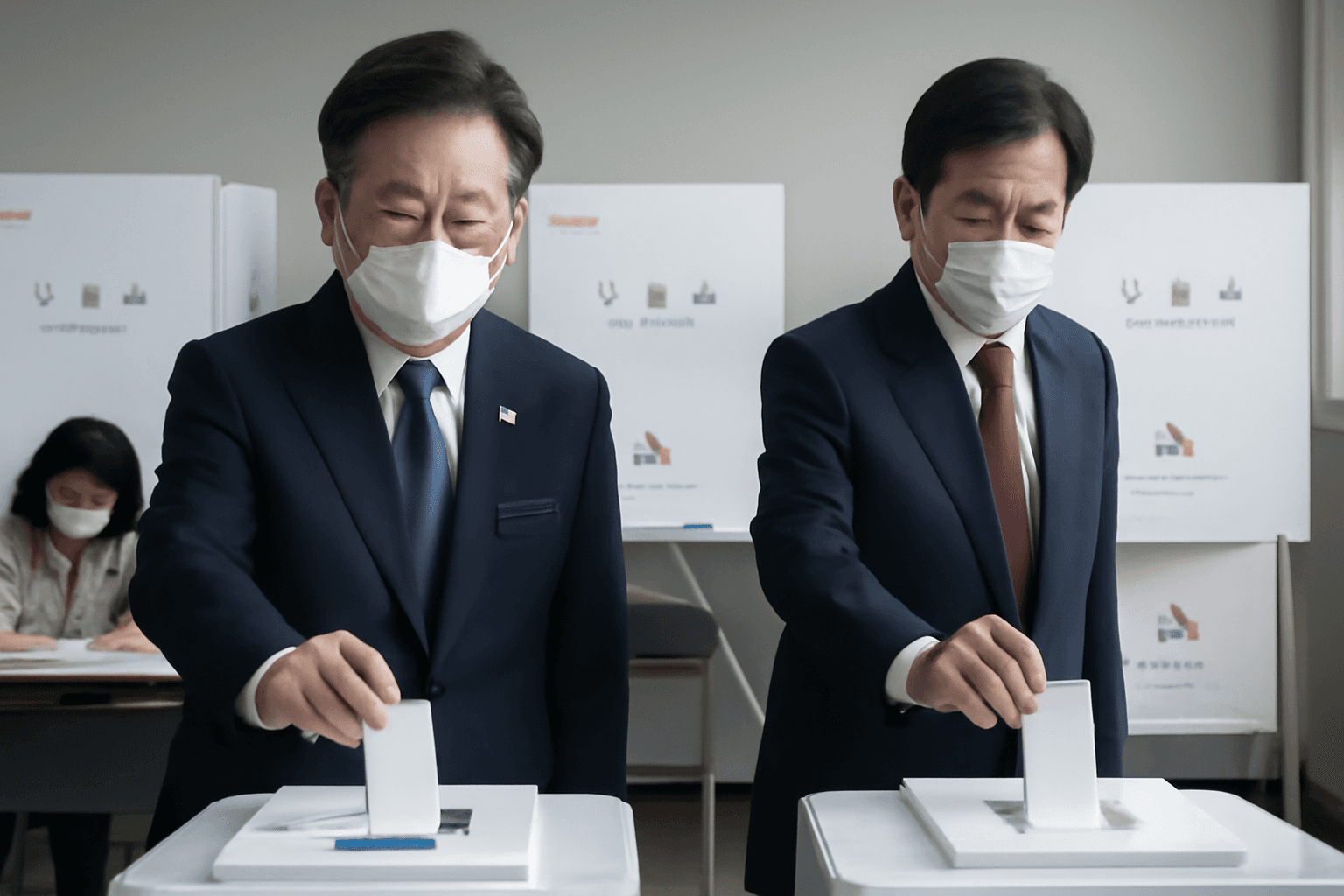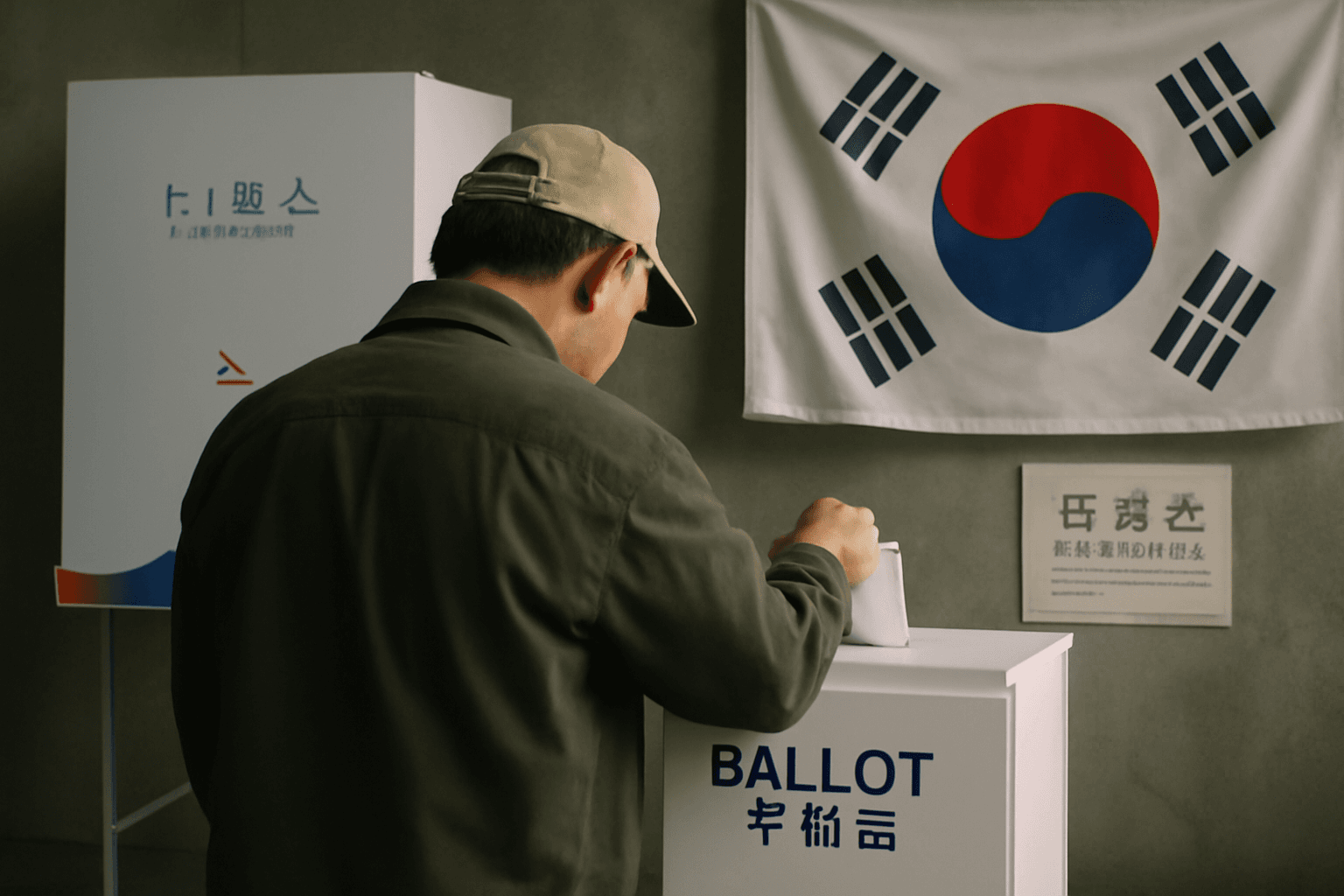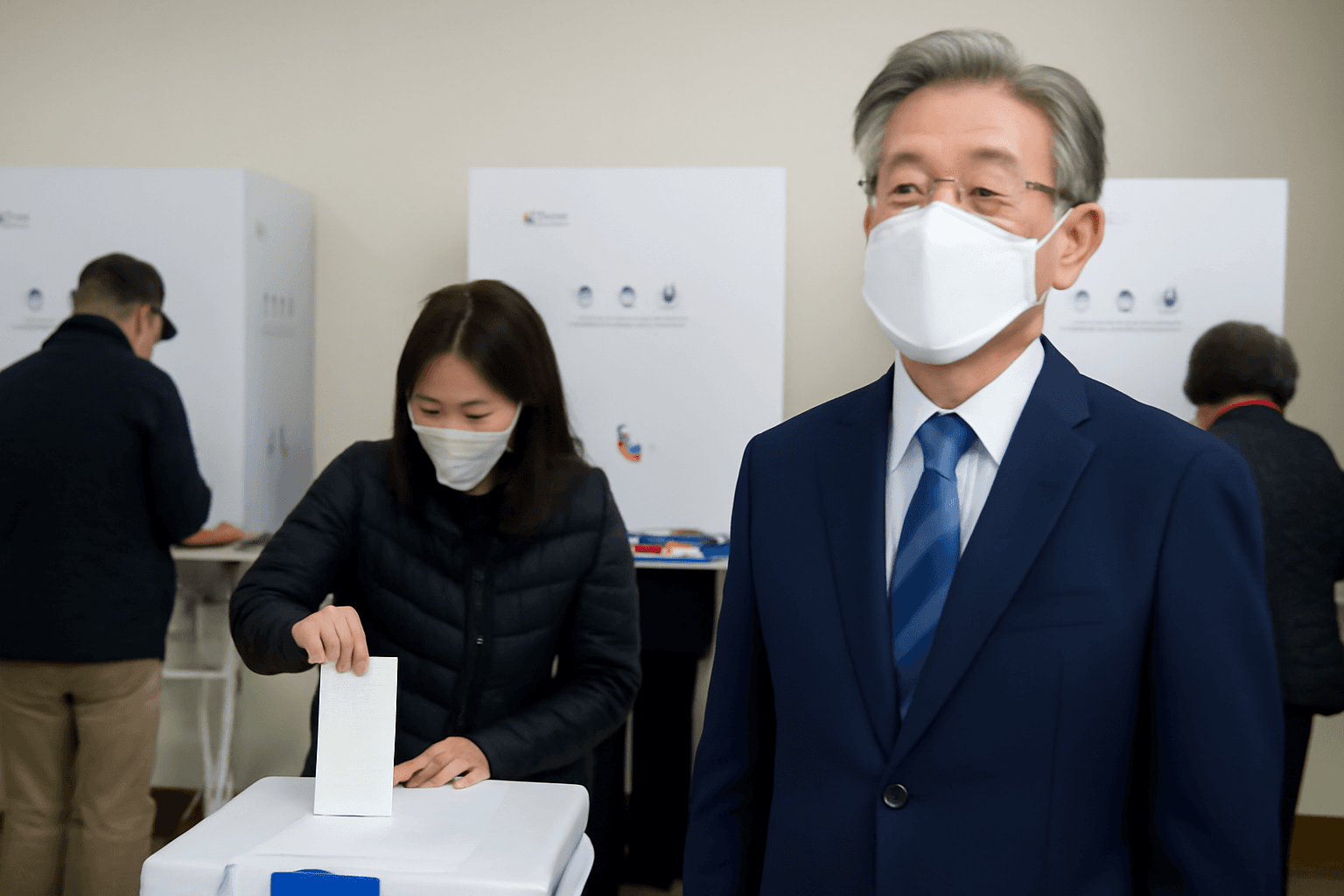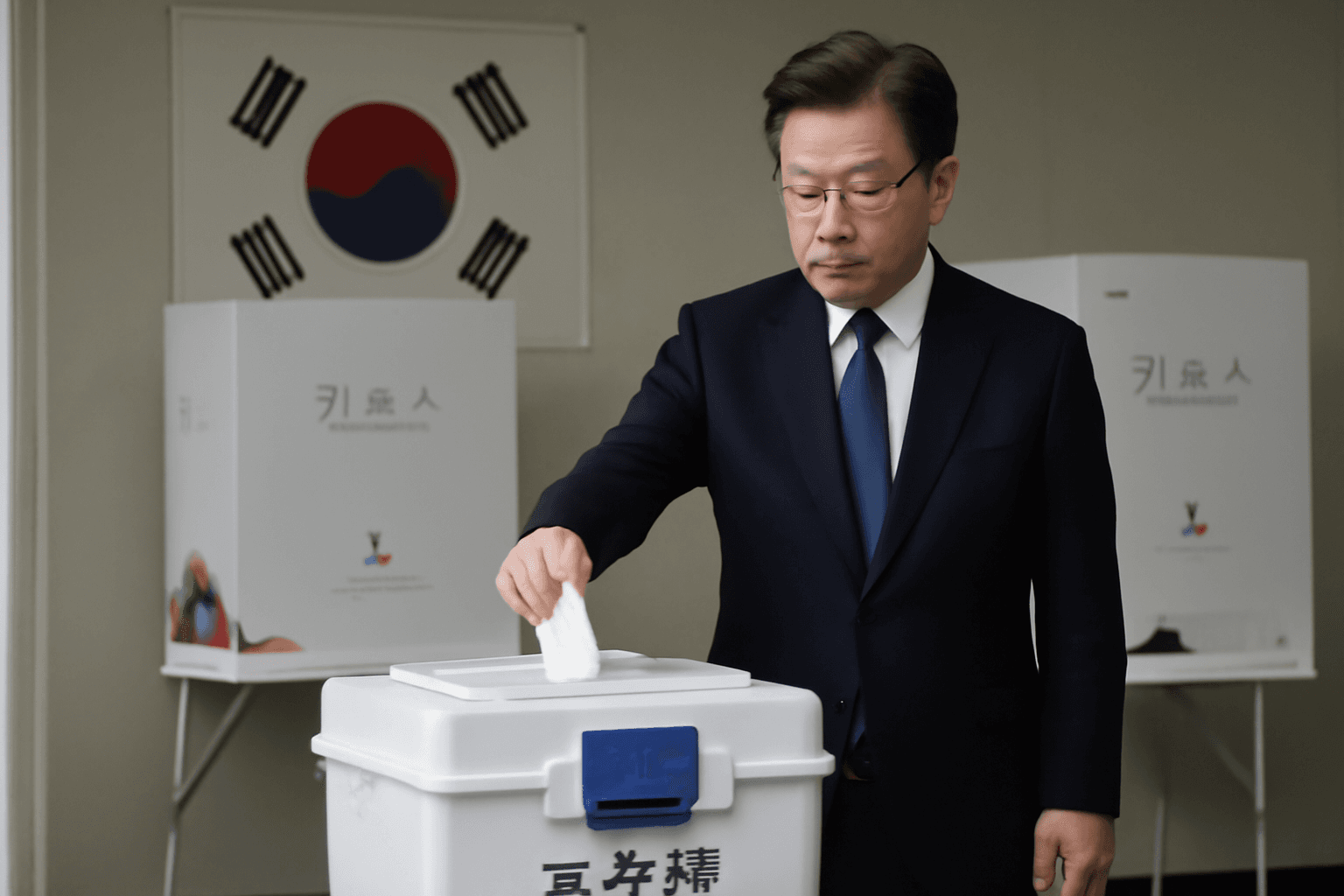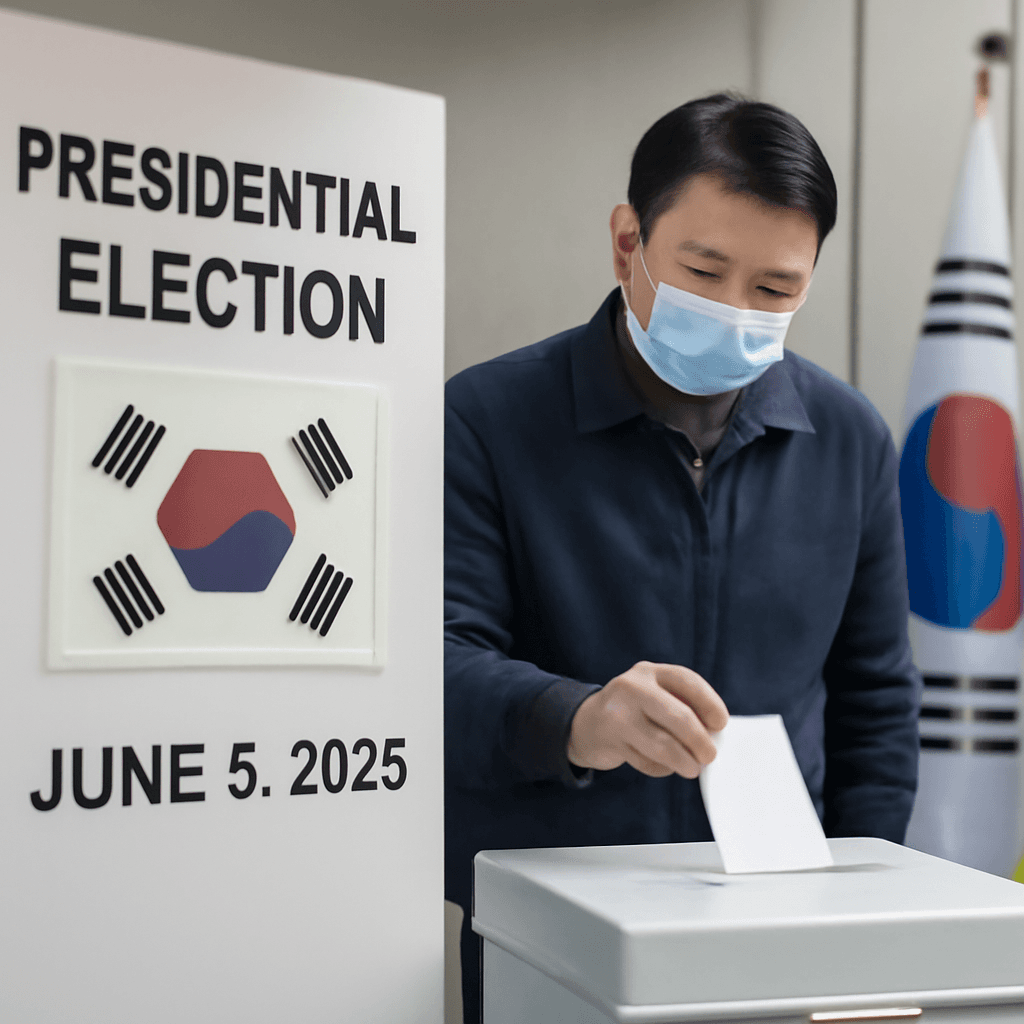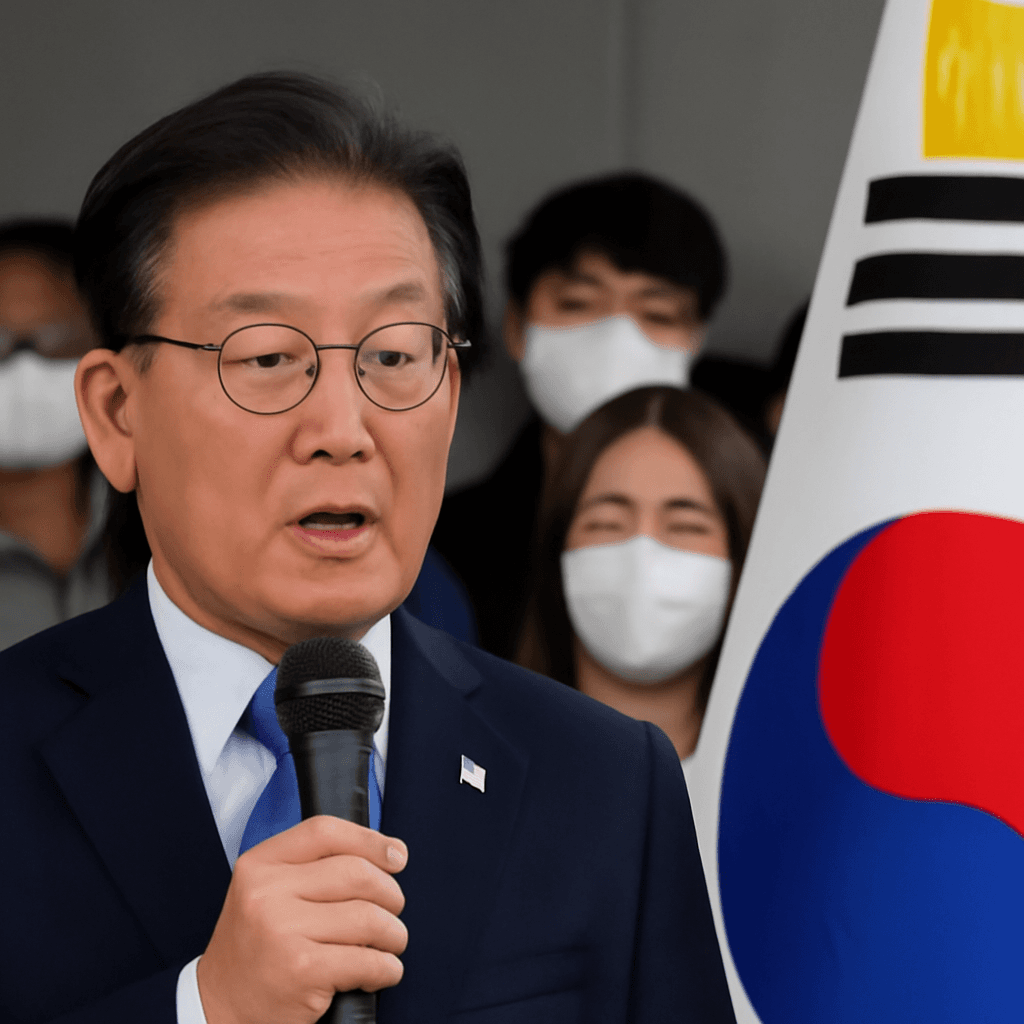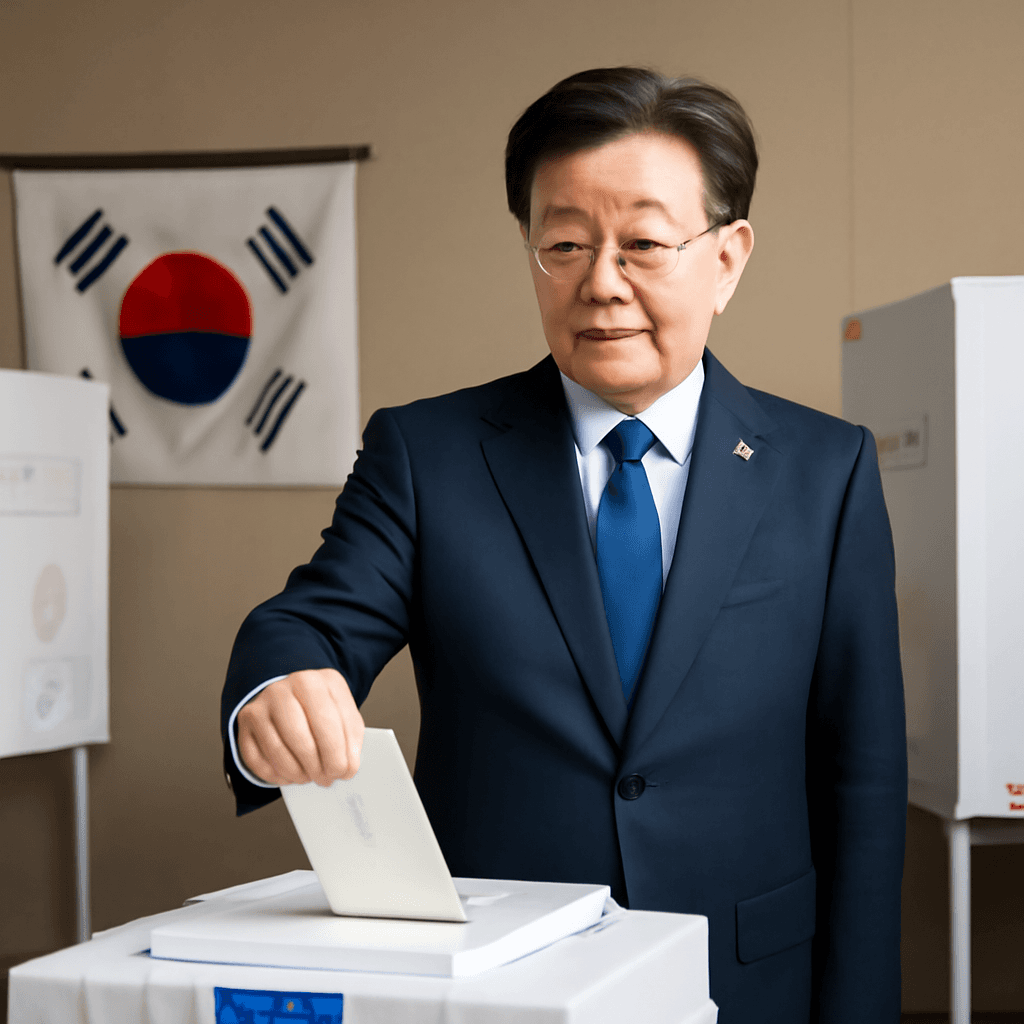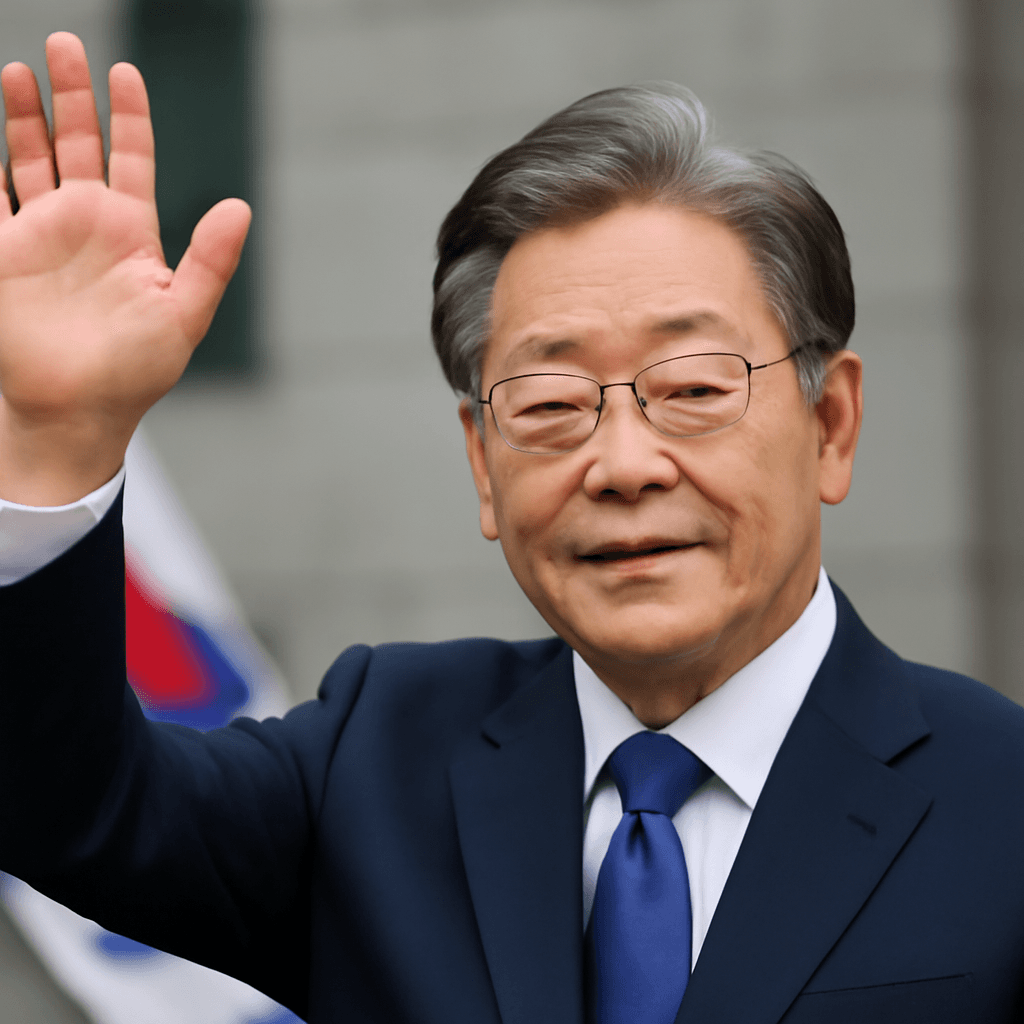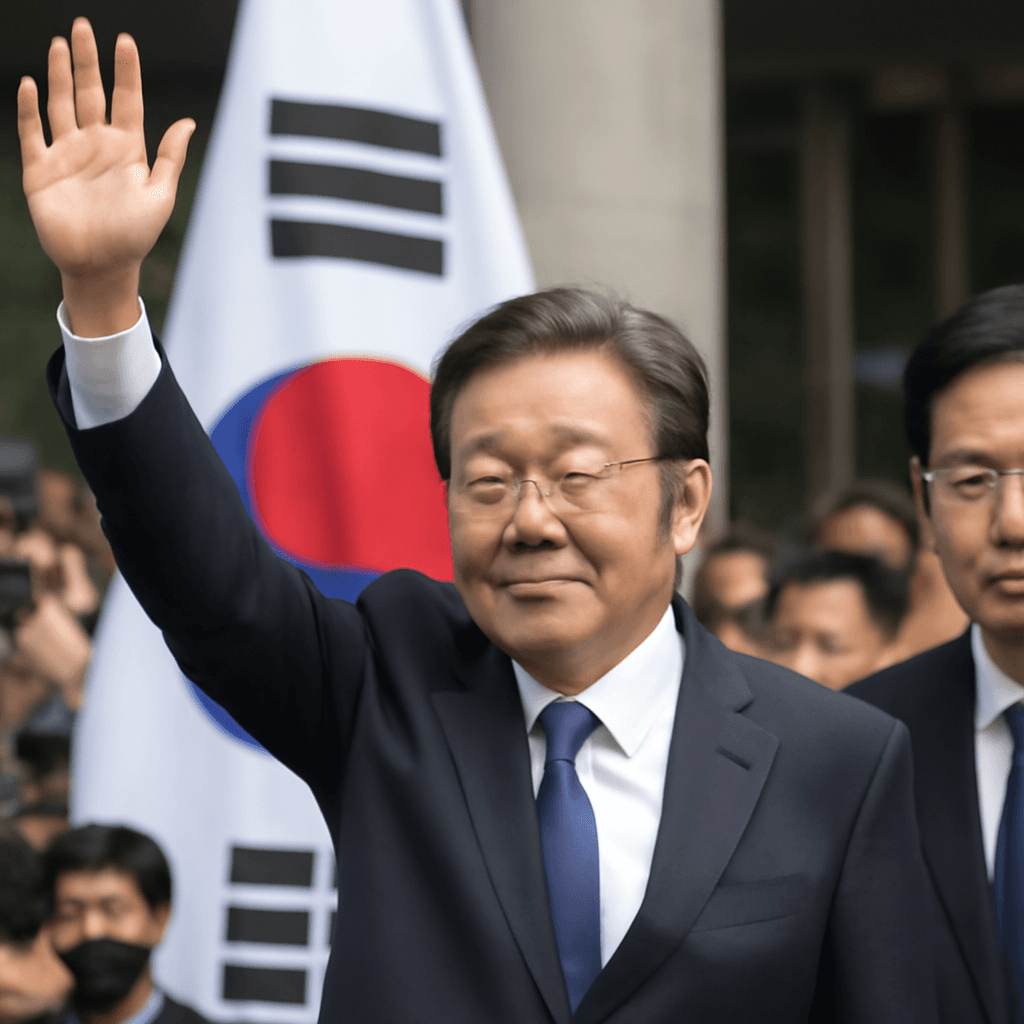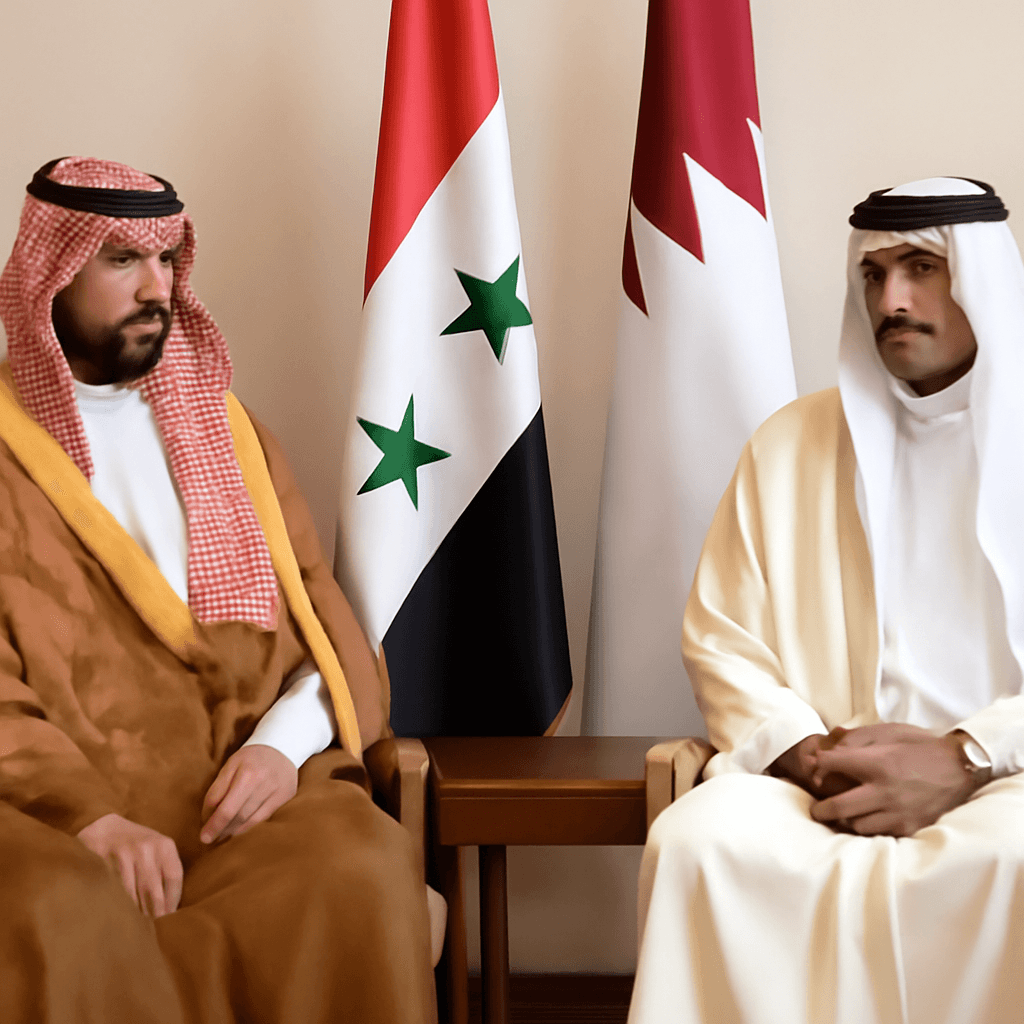As South Korea approaches its critical presidential election on June 3, 2025, youth unemployment has become a central and divisive campaign issue, reflecting significant economic anxieties and social disparities among the younger population.
The youth unemployment rate stood at 5.9% in December 2024 and is expected to climb to approximately 6.3% by mid-2025. While these figures may appear moderate, they mask deeper challenges within the labor market.
Notably, the employment rate among South Koreans aged 15 to 29 dropped sharply to 44.8% in January 2025, marking the largest decline in four years, with a loss of 218,000 jobs. Employment among young workers is often precarious, consisting mainly of short-term or unstable positions. Furthermore, unemployment affects nearly 30% of PhD holders under 30, highlighting a significant disconnect between higher education and labor market demands.
Impact on Voting Behavior
With economic prospects uncertain, young voters have emerged as a pivotal demographic in this snap election. Major candidates have presented varying strategies to address youth unemployment:
- Lee Jae-myung of the Democratic Party emphasizes creating jobs through investments in artificial intelligence and expanding Korea’s cultural industries, including music and entertainment.
- Kim Moon-soo from the People Power Party advocates business-friendly policies and focuses on foreign relations, offering limited direct interventions for youth employment.
- Lee Jun-seok of the Reform Party has attracted young male voters by promising to dismantle the gender ministry and combat what he terms 'reverse discrimination' in the workplace.
Gender Divide Among Young Voters
The youth electorate exhibits a pronounced gender divide. Young men tend to support conservative candidates, expressing grievances about mandatory military service and increased job competition. Conversely, young women more frequently endorse progressive candidates, emphasizing gender equality and opposing perceived misogynistic tendencies in politics. This division aligns with global trends, where younger men often gravitate towards right-wing parties and younger women lean left.
Reluctance to Join Small and Medium Enterprises
Despite high unemployment, many young South Koreans avoid jobs at small and medium-sized enterprises (SMEs) due to issues like lower wages, limited benefits, and less social prestige. The proportion of SME employees in their 20s and 30s declined significantly from 47.7% in 2003 to 30.9% in 2024, exacerbating youth job market challenges.
Local Initiatives to Address Youth Employment
In response to inadequate national reforms, various local governments have implemented programs to mitigate youth unemployment:
- Busan allocated 75.2 billion won towards job training and career support.
- Gwangju facilitates connections between young job seekers and local employers, also providing job-seeking allowances.
- Cheonan invested 2 billion won in youth employment initiatives.
These localized efforts focus on improving job matching, offering targeted training, and alleviating economic pressures on the younger workforce.
As the nation prepares to vote, youth unemployment remains a critical issue that could significantly influence South Korea's socio-economic trajectory and political landscape.

